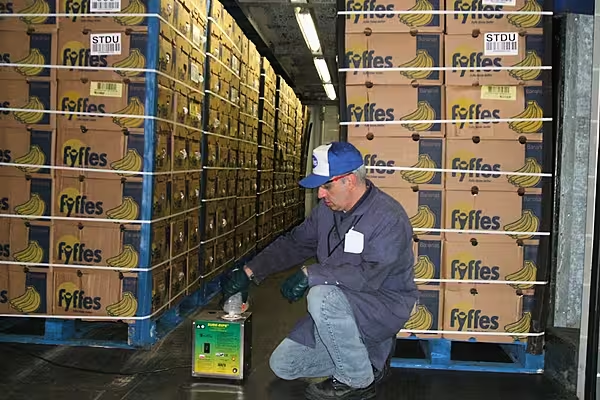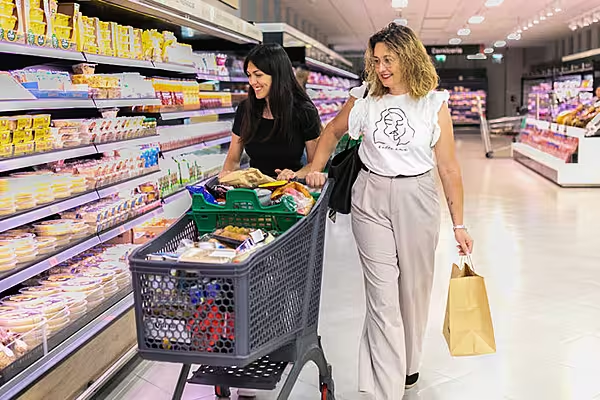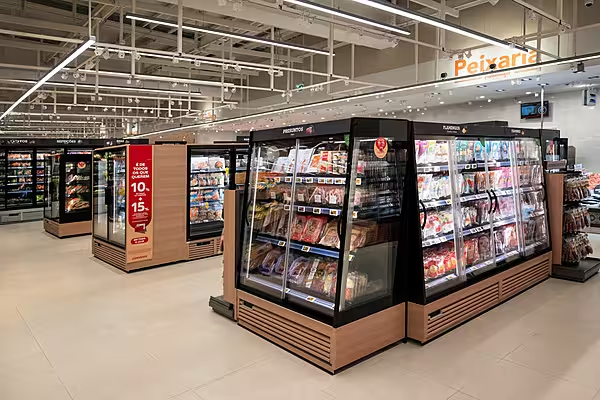Is eCommerce the future for the UK's FMCG market? Tim Reay, head of grocery at eCommerce consultancy Salmon writes for ESM.
Mobile and online services are becoming increasingly dominant in the retail sector, and, unsurprisingly, global sales through eCommerce platforms reached $48 billion in the 12 months to June 2016.
Kantar’s recently published ‘Future of eCommerce in FMCG’ report found that growth was a continued theme for all retailers, but rates of adoption varied greatly across the globe.
Whilst the technologically advanced South Korea holds an ecommerce share of 16.6 per cent, Japan, France and the United Kingdom are all operating at near 7 per cent share. In contrast to the potential of countries such as USA (1.4 per cent) and Germany (1.2 per cent), the UK is very well positioned.
There are clearly fantastic rewards to gain for retailers which can get eCommerce right in the UK. Thus, it is vital to understand, and even analyse, how the country delivers its 6.9 per cent share of the market.
1. The ubiquitous consumer base
Consumers have always been willing to try eCommerce solutions across all industries. Whether its access to smart phones or broadband penetration, the UK’s digital landscape has always enabled eCommerce to grow. However, for any retailer to succeed it must first generate an interested and engaged consumer. This means catering to a digitally aware consumer that has access to a good level of infrastructure.
Allied to consumer interest and access, the retailer can directly reach the entire consumer market through online. Most of the UK consumer base is extremely accessible for eCommerce fulfilment, with this accessibility able to offset areas where there is not a high population density and is more challenging to tap into. This can therefore enable UK vendors to offer a complete and unrivalled countrywide service.
2. Competitor landscape of the UK
FMCG sales in the UK, especially when you look outside of beauty products, are dominated by the ‘Big Four’ grocery players: Tesco, Sainsburys, Asda and Morrisons. This is very different to any other national retail market. The UK market is saturated with larger supermarkets and retailers’ must locate growth in much more challenging environments. Over the past decade, the answer to this challenge has come from a huge expansion of convenience stores, and the growth of online grocery platforms. Growth is much easier to find from these channels, as opposed to trying to switch shoppers away from the Big Four.
3. External provocation
Ocado is critical to the growth of the UK online grocery market. Now taking over £1bn a year, it’s probably the biggest - and certainly most successful - online pure-play grocer in the world. It has grown to be omnipresent in the market, spurring bigger supermarket chains on. The US once had its own version of Ocado called Webvan, but it went spectacularly bankrupt. This made other retailers pause and rethink their online approach.
Meanwhile, Ocado has kept going, innovating and putting pressure on the big supermarkets to keep investing into online. It’s impossible to ignore a retailer taking home £1bn a year, especially when it’s targeting the premium UK consumer base. Back in 2005, no grocer was making money from online grocery sales. Had Ocado gone bust, it would have been very tempting for the supermarkets to step back from the online market and not encourage further growth. Ocado’s continued presence in the UK ensured this did not happen.
4. Evolution and revolution
Like any business, online grocers must evolve their consumer offer and business model to stay successful. Today the market is dominated by delivery services that offer unlimited deliveries for relatively low fees. This locks in a retailer’s consumer base and also means consumers are likely to shop with one single brand more than any other.
Innovations often come and go. Most grocers had picking centres, or distribution centres solely for online shopping. Many were closed down as some struggled to make them work operationally or profitably with the technology and operational processes of the day. Yet, this is now reversing, with Sainsbury’s one of the latest to open a dark store operation in London. The technology to deliver these operations successfully now matches the ambitions of the retailers operating them.
© 2017 European Supermarket Magazine – your source for the latest retail news. To subscribe to ESM: The European Supermarket Magazine, click here.














